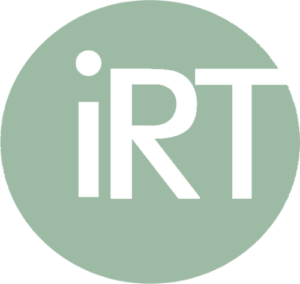Project SUCCESS (Schools Using Coordinated Community Efforts to Strengthen Students) is designed to prevent and reduce substance use among students 12 to 18 years of age. The four-part program includes education about substance use and consequences, school-wide activities to change social norms about substance use, a parent education component, and individual and group counseling for students and parents.
PRIME For Life
PRIME for Life (PFL) is a motivational intervention for adults, and has been used primarily among court-referred impaired driving offenders. Trained instructors use multimedia, guided instruction, and motivational interviewing techniques to increase participant motivation to change their perceptions of the risks of drug and alcohol use. The overall goals are to reduce risk of alcoholism or addiction, reduce intention to use substances, and reduce substance use-related crimes or delinquency.
Drugs: True Stories
Drugs: True Stories is a multimedia drug prevention program that can be used in home, school, or community settings. Youth in grades 5-12 and their parents hear personal stories about drug use and learn how they can work together to promote abstinence. The video is accompanied by a discussion guide, which is designed to provoke candid conversation regarding drug use and offers questions for those who are participating in the program. The intervention can be delivered in its entirety or in segments (e.g., three 50-minute sessions). The overall goal is abstinence from substance use and reduced intention to use.
Family Support Network
Family Support Network (FSN) is an outpatient, multi-provider, substance abuse treatment program targeting youth ages 10-18 years. FSN includes 12 sessions of cognitive behavioral therapy for the adolescent, six family education meetings addressing recovery and family management issues, four home visits to reinforce the family’s commitment to treatment for the adolescent, and case management to address barriers to treatment. The overall goal is abstinence from substance use.
Brief Marijuana Dependence Counseling
Brief Marijuana Dependence Counseling (BMDC) is a therapeutic treatment approach designed for adults with a diagnosis of cannabis dependence. BMDC is implemented by social workers, counselors, or psychologists as a 9-session multicomponent therapy that includes elements of motivational enhancement therapy (MET), cognitive behavioral therapy (CBT), and case management. The overall goal is abstinence from marijuana.
Cocaine-Specific Coping Skills Training
Cocaine-Specific Coping Skills Training (CST) is a therapeutic treatment approach designed for adult cocaine users. Participants work with a trained psychologist individually or in a group, learning skills and behaviors to reduce and avoid drug use. CST is delivered in up to eight 45-minute sessions three to five times a week. The overall goal is abstinence from cocaine and alcohol.
